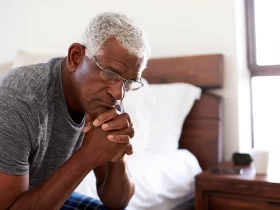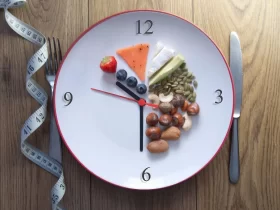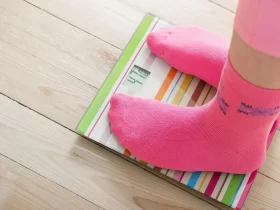Overall accuracy of two-step protocol including two-item screen and 3-minute diagnostic assessment was 89, 87 percent for nurses, docs
MONDAY, Nov. 8, 2021 (HealthDay News) — An app-directed protocol is feasible, brief, and accurate for diagnosing delirium among inpatients, according to a study published online Nov. 9 in the Annals of Internal Medicine.
Edward R. Marcantonio, M.D., from Harvard Medical School in Boston, and colleagues tested implementation of a brief app-directed protocol in real-world practice compared with a research reference standard delirium assessment (RSDA). Participants included 527 general medicine inpatients (35 percent with preexisting dementia). Enrolled patients underwent RSDA on two study days. An ultra-brief two-item screen (UB-2) for delirium was performed by certified nursing assistants (CNAs), while a two-step protocol, including the UB-2 followed by the 3-Minute Diagnostic Assessment for the Confusion Assessment Method for those with a positive screen, was performed by physicians and nurses.
The researchers found that delirium was diagnosed in 17 percent of RSDAs and in 22 percent of the patients. The UB-2 was administered by CNAs in a mean of 62 seconds, while the two-step protocols were administered in means of 104 and 106 seconds by nurses and physicians, respectively. The sensitivities for UB-2 were 88, 87, and 82 percent when administered by CNAs, nurses, and physicians, respectively, while specificities varied from 64 to 70 percent. The overall accuracy of the two-step protocol was 89 and 87 percent for nurses and physicians, respectively, with sensitivities and specificities of 65 and 63 percent and 93 and 91 percent, respectively. For moderate-to-severe delirium, the two-step protocol sensitivity was 78 percent.
“Our protocol can substantially improve delirium identification with a low false-positive rate among vulnerable hospitalized adults,” the authors write.
Copyright © 2021 HealthDay. All rights reserved.







